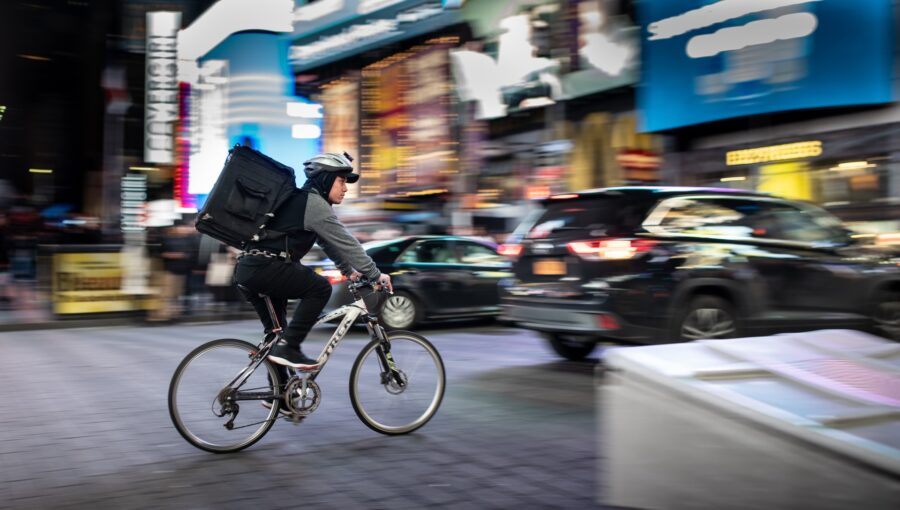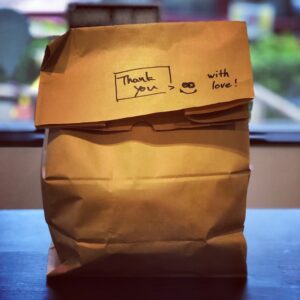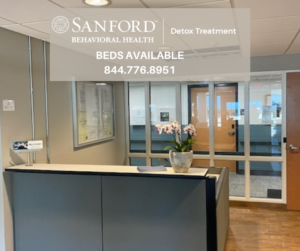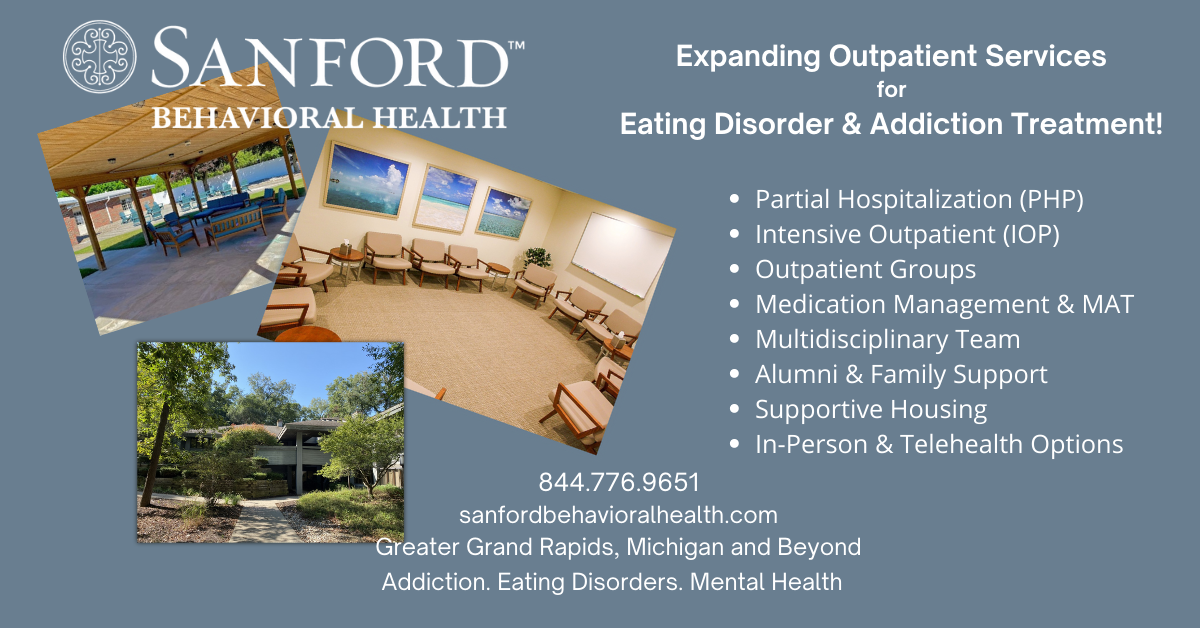Do Alcohol Delivery Apps Feed Isolation & Addiction?

For someone in recovery from an alcohol use disorder, there are a few simple tenets. Be careful of the people, places, and things that might cause emotional triggers. Take things one day at a time. And the one that has become a sticky wicket in the past three years: do not isolate. Isolation and alcohol delivery apps go hand-in-hand, as evidenced by the boon in alcohol delivery in 2020. There was a 43% increase in alcohol delivery during the COVID 19 lockdowns.
And with names like Drizly, Saucey, and MiniBar, alcohol delivery apps feed the need for speedy gratification in the privacy of home. For those who don’t misuse alcohol, delivery apps are a convenience; perhaps a bottle of wine is included in a food order. But for those in recovery, or individuals who misuse alcohol, the ease and anonymity of apps can be a danger.
Why Do Alcohol Delivery Apps Feed Isolation & Addiction?
Social isolation and addiction have always been a power couple. It is a lot easier to avoid arguments with family members or significant others if they don’t know what you are up to. The problem is, that over time the person with an addiction starts to depend on the drug or alcohol for a sense of well-being. The substance use takes on a higher importance; it’s like a jealous lover. And more normal, socially acceptable relationships with self, other people, and community fall by the wayside.
Add the pandemic and the ease of ordering alcohol online, and it’s not surprising that alcohol consumption increased at a higher rate than the apps themselves. According to a study conducted in December of 2020 by the National Institutes of Health (NIH), 60% of participants reported increased drinking during 2020. Another report late in 2021 shows a 17% rise in “heavy” drinking (4 to 5 drinks or more in a day). What were the top reasons for drinking excessively? Increased stress, alcohol availability, and boredom.

Ring the doorbell and leave it on the porch. Do I have to show ID?
Reasons We Order Alcohol from an APP:
When you think about it, there is no good reason for having alcohol delivered to the house. Unless you are having a party and are ordering in bulk. It seems like a rule of thumb should be if you are buying alcohol, get dressed and drive to the store. But, here are some of the reasons folks use alcohol delivery apps (with their accompanying red flags):
Convenience
See adding it to a food order above. Perhaps you are not feeling well, or are not dressed for shopping, or are working from home and don’t want to take time out from your busy day to go to the store. Food/alcohol delivery apps are convenient. Apps also make it easy to buy large amounts of alcohol or to sign up for subscription services that deliver on a schedule. All the while sidestepping the social impediments that help to control how often or when a person drinks.
Avoiding Stigma
When it comes to alcohol misuse, there is a kid-in-a-candy-shop aspect. I WANT IT NOW! And if you’ve worn out your welcome at the corner liquor store, or you’re embarrassed to patronize your regular watering hole again, it’s advantageous to disconnect from the outside world and social interaction, narrow the scope of activity and hide out. Alcohol delivery is anonymous. But the convenience and namelessness are a red flag to those who misuse alcohol or use it to quell anxiety or loneliness.
Too Drunk to Drive
Do we have to say anything else about this? Ordering alcohol instead of driving when drunk is certainly safer, but better is taking it as a sign from above that you’ve had enough. Ditto to a house party where no-one is capable of driving to get provisions.
Who Will Know?
The who will know aspect of delivery apps is the biggest red flag for those in recovery. Isolation, loneliness, boredom, and changes in recovery related support are all red flags to relapse. In short, delivery apps are an added, unnecessary temptation.
Conclusions
It is interesting how quickly the technology that was supposed to make life easier is proving to have a few bugs. Especially for those with mental health conditions. Like real life sci-fi, the ease of alcohol at-home delivery also makes it easier for alcohol misuse, addiction, and co-occurring disorders to go unnoticed.
At-home delivery can also hide substance misuse and addiction from those who are available to offer help and support. During the pandemic lock down and its aftermath, those of us in recovery must self-advocate. And those who use alcohol to quell anxiety or boredom should take an honest look at their alcohol intake. There is a wealth of options available from telehealth tune-ups to residential treatment. And the good news is that some are available from the safety of home – virtually or on apps!





